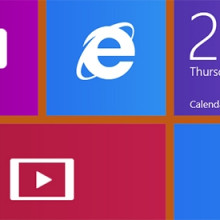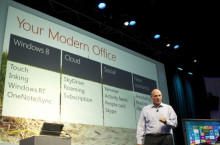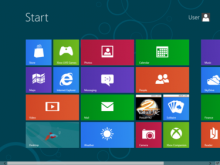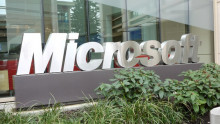Internet Explorer 10: Analysed and benchmarked
Windows 8's browser, Internet Explorer 10, leads a double life. You can run it in Metro, and it can also be run in the traditional Windows desktop view. Underneath, however, both use the same rendering engine. This engine has been considerably improved, in terms of both its speed and support for new web technologies such as HTML5 and CSS3. Maybe even more significantly, IE10 isn't just the browser for Windows 8, it actually becomes the underlying engine which powers Metro style applications that use HTML5 and JavaScript.












































































